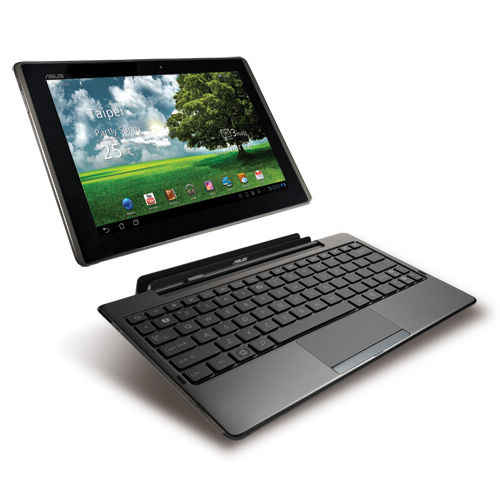Last week I was watching Carol Vorderman on Room 101 and found myself nodding away like one of those plastic dogs you see at the back of cars.
I don't know about you but I don't find the current format of Room 101 as entertaining as the old one. Turning it into a game show, with three slebs competing, just seems to dilute it and no one gets enough time to really air their predjudices, which is what I always really liked about it. Soundbite culture gorn mad, I tell you.
But I digress. I was (despite the format) agreeing vigorously with the lovely Carol, when she expressed her complete lack of understanding of the attraction of Facebook. Like her, I just don't get it. I mean I understand how it works (well almost) but not what it's for...
Maybe I'm missing something, but I just don't see the point of it. Your friends already know you right? They know your 'status' cos they were at your bloody wedding and clubbed in for the trouser press! They know you have two kids cos they took the piss out of you when your feet were so swollen in pregnancy you had to wear white plastic flip flops from Debenhams!
What your friends don't need to know, or don't want to know frankly, is that you have just baked a banana cake, or the gas man is coming round at ten, or that you are going to spend the morning ironing. Sharing the minutae of your existence is surely the preserve of the deluded? I for one cannot think anyone is interested in the comings and goings of my days. Often I am bored, so why in God's name would I inflict that on anyone else? When the husband asks what I've been up to I only give him the edited highlights. More than the briefest of comments and he starts to glaze over and check the footie scores on his phone.
Thus it was the heaviest of hearts that I finally succumbed and joined up. To be fair, I had no choice. My agent, my editor and more importantly the lovely Jamie-Lee who is in charge of my PR all told me in no uncertain terms that It Was Time. I have a new book coming out in April and I needed to get connected. To stick to my guns started to feel churlish.
So I'm on. I'm hooked up. I'm part of the matrix.
Actually, now that I am, I have no idea what to do. I feel like someone who arrives at the party far too late and far too sober to join the conversation. I have thus far put two things on 'my wall'. Neither of which were that interesting! At this rate I will be forced to inform the ether that the postman has just delivered a pair of Liverpool curtains for my son.
So. If any of you lot are on FB could you please be my friend (was there ever a sadder request from a woman in her forties?) ? I cannot promise anything but gratitude.















.jpg)


